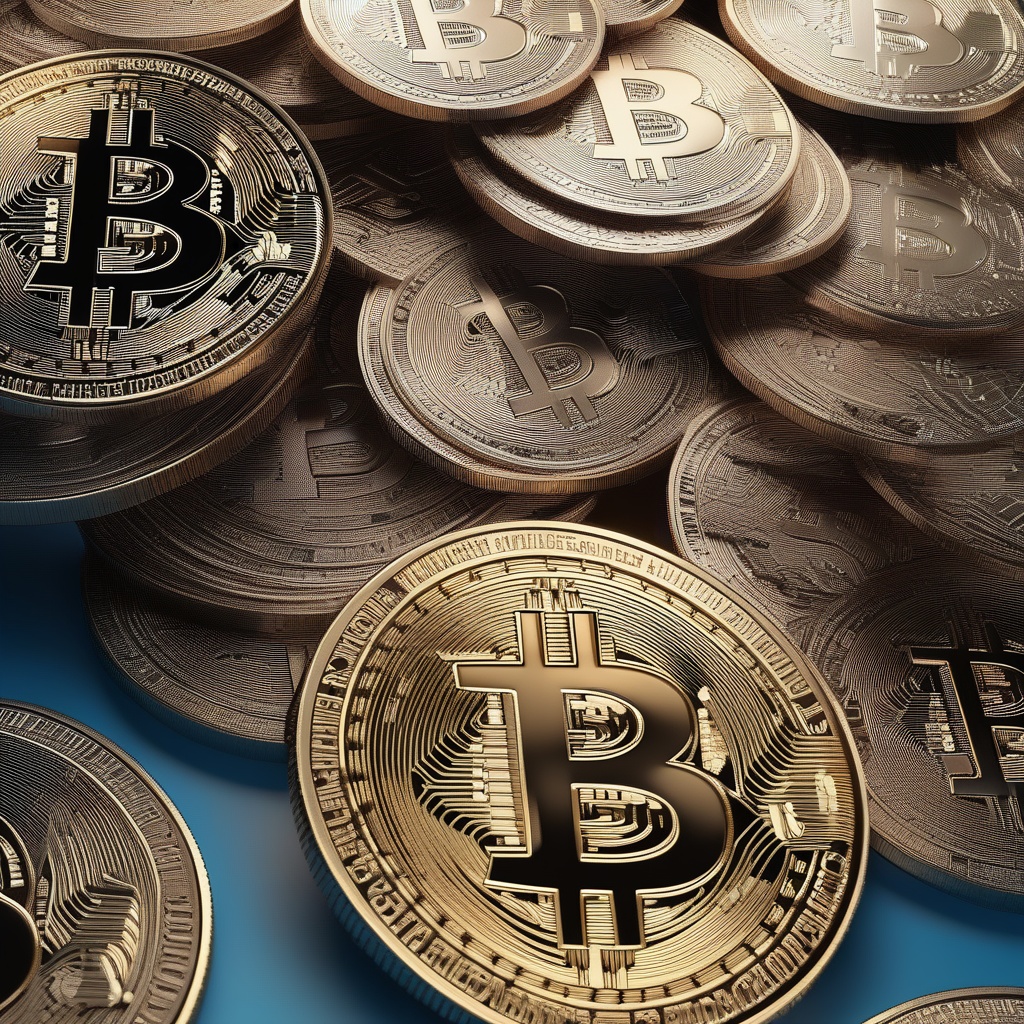What does 'coin Money' &'regulate the value of money' mean?
Could you please elaborate on the concept of "coin money" and how it relates to the regulation of the value of money? Are you referring to a specific type of currency or a broader concept related to monetary policy and the stability of a nation's currency? Understanding the context would help me provide a more accurate explanation. Is there a particular aspect of "coin money" and its role in regulating the value of money that you're particularly interested in?

Will the bank of England regulate stablecoins?
As the world of cryptocurrency continues to evolve, many are wondering if traditional financial institutions like the Bank of England will play a role in regulating stablecoins. With their pegged value to a traditional asset like the US dollar or gold, stablecoins aim to provide stability and reduce volatility in the crypto market. But will the Bank of England step in to oversee these digital assets? Will they impose regulations to protect consumers and maintain financial stability? Or will they allow the market to self-regulate? The future of stablecoins and their regulation by the Bank of England remains uncertain, but one thing is for sure - the debate is heating up.

Does Japan regulate cryptocurrency?
Good day, I'm curious to know about the current state of cryptocurrency regulation in Japan. Is there a comprehensive framework in place that governs the use and trading of cryptocurrencies within the country? If so, could you elaborate on the key aspects of this regulation and how it differs from other countries' approaches? I'm particularly interested in understanding how the Japanese government views cryptocurrencies and the steps they've taken to protect investors and promote a stable and secure market environment.

Does the SEC regulate cryptocurrencies?
In the realm of cryptocurrencies and finance, the question of regulatory oversight is paramount. As a key financial regulator, does the Securities and Exchange Commission (SEC) exercise its authority to regulate cryptocurrencies? This question raises significant concerns among investors, businesses, and regulators alike. Given the rapid growth and evolution of the crypto market, clarity on the SEC's role in regulating this emerging asset class is crucial. Is the SEC actively involved in overseeing cryptocurrencies, establishing rules, and enforcing compliance? Or does it remain a largely unregulated space, leaving investors to navigate the risks without clear guidance? The answer to this question holds significant implications for the future of crypto finance.

How does Canada regulate cryptocurrencies?
As a country that has been at the forefront of financial innovation, Canada's approach to regulating cryptocurrencies has been both cautious and forward-thinking. Could you elaborate on how Canada specifically regulates these digital assets? Does it rely solely on existing legislation or have they implemented dedicated crypto-specific laws? Also, are there any significant differences in the regulation of cryptocurrencies between provinces? Furthermore, how does Canada's regulatory framework compare to other major economies in terms of its effectiveness and adaptability to the rapidly evolving crypto landscape?

